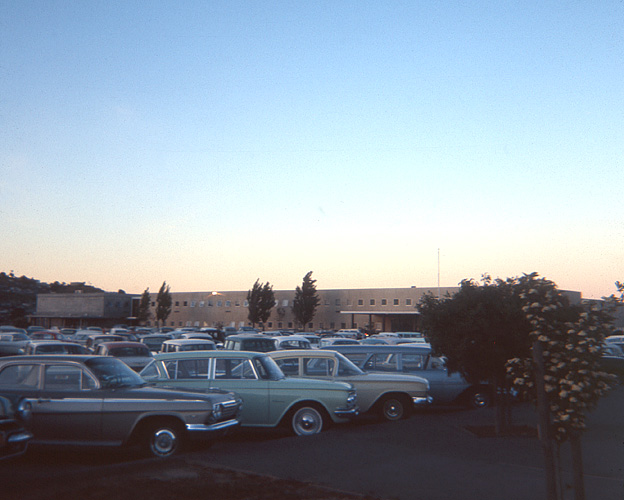Every day, community members from across Marin County gather at farmers’ markets and mingle with farmers from everywhere in the greater Bay Area. Families browse through aisles of brightly-colored tents, picking up locally-sourced produce, chatting with friendly farmers and tasting delicious fruits and vegetables along with samples of juices and assorted nuts. From almonds and lemons to tomatoes and freshly baked pastries, and even the occasional wheatgrass stand, community members can be seen laughing together.
Many shoppers think of farmers’ markets as a way to support local agriculture, promote sustainability, and to ensure they feed their kids organic food that has a story.
“Kathy,” a mother living in Marin who loves shopping at the Corte Madera Town Center, recognizes these aspects of the farmers’ market.
“My favorite part of the market is the fresh food that I get. I’m now going to have some very delicious fresh vegetables for my kids for dinner tonight,” said “Kathy.”
Geoff Callan, local father of two and businessman, supported this point of view.
“You get produce here that you don’t normally get at, say, Woodlands Market,” Callan said. He also made sure to emphasize the benefits of supporting local businesses.
From their first certified market in 1983 to today’s regular gatherings, the Agricultural Institute of Marin has been working hard to both bring together and inform the community about sustainable farming practices. They do this alongside providing a market for locally grown agricultural products. Their mission is “to educate the public about the nutritional and economic benefits of buying locally grown food directly from farmers, and to connect and support communities and agriculture.”
Moreover, farmers’ markets benefit communities in ways not always visible at a first glance. Behind the scenes, The Agricultural Institute of Marin wants to connect community members with those that live around them. An integral aspect of farmers’ markets is the establishment of a positive environment that customers can look forward to returning to week after week, month after month and year after year.
According to a 2018 Pew Research Center study, 13 percent of people do not know their neighbors at all, and of those that do, 50 percent only have a conversation with their neighbors once a month or less. Furthermore, 58 percent of people never have get-togethers with their neighbors.
As this is a relatively new development, it becomes increasingly important for members of a community to integrate and involve themselves within their locale today. Some do it by participating in school boards, others through community service endeavors, while others still opt for farmers’ markets, serving to not only help and bring together the community, but to promote local agricultural practices.
However, it is not just the community members who look forward to fostering the relationships they have built. Armina Scopazzi, the founder and head baker of A Midnights Kitchen, also makes formidable bonds with the vendors neighboring her stand.
“The vendors are a good community and I really enjoy working with the other vendors here. Everybody knows everybody, and everybody helps everybody out,” Scopazzi said.
In addition, Scopazzi often tailors specific pastries to individual customers, responding to their needs in efforts to continue their relationships. This sense of community that continues building every market is what Scopazzi is so fond of and is one of the many reasons people make the trek to their local farmers’ markets instead of shopping at more conventional grocery stores.
Aaron Lucich is the founder and head farmer at Holistic Ag, a company devoted to creating sustainable farming practices and supplying their customers with quality food. Lucich believes relationships are crucial to running a business.
“You have a direct connection with the customer, whereas when you put it on the shelf at Woodlands and then you leave you don’t know who’s getting it. They just see the price and then react, you don’t get to explain why it is what it is and what’s important about it, why they would want to eat it.”
Lucich also understands the benefit of farmers’ markets when pertaining to local business.
“The farmers’ market allows people who aren’t quite on that higher scale or developed as a marketer to be able to access market.”
Farmers’ markets are more than what appears on the table. Farmers’ markets represent the legs of communities and will continue to support Marin County from the roots up.
“Farmers’ markets allow you to actually have a relationship; the consumer with the source of the food, and the producer have a relationship with the people who are actually benefiting from that food,” Lucich said.









